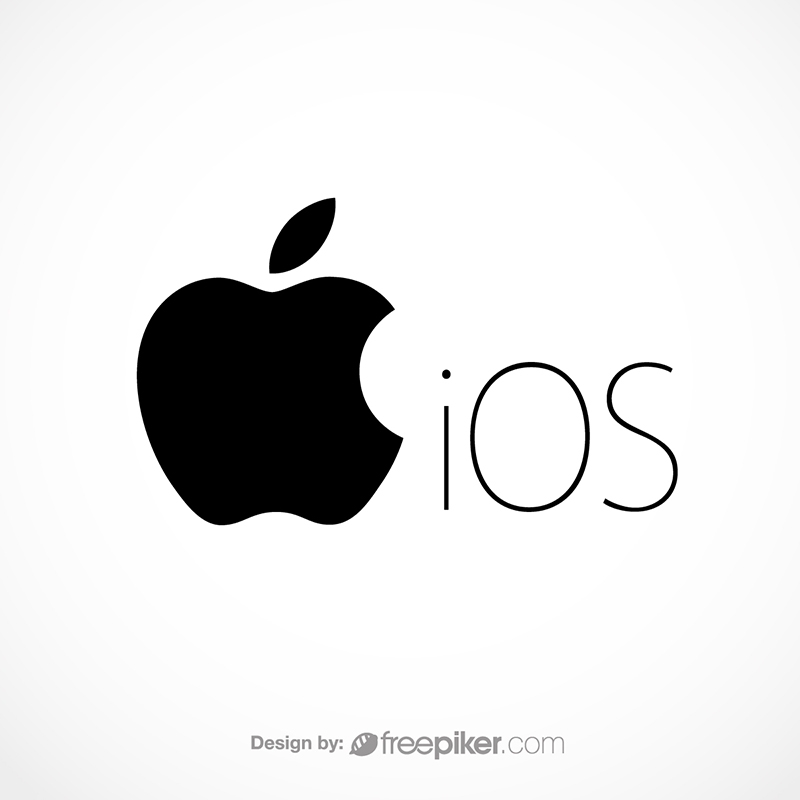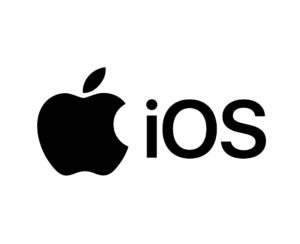
[ad_1]
In today’s digital landscape, mobile applications are not just an extension of your business; they are often the cornerstone of your startup’s success. For entrepreneurs venturing into the competitive world of startups, the significance of having an iOS app cannot be overstated. Let’s delve into why your startup needs an iOS app, backed by insights from followers of the Garage2Global journey.
Table of Contents
-
- Introduction
-
- The Growing Importance of Mobile Apps
-
- Benefits of Having an iOS App
-
- 3.1 Increased Customer Engagement
-
- 3.2 Enhanced Brand Visibility
-
- 3.3 Improved Customer Loyalty
-
- 3.4 Access to Advanced Features
-
- Benefits of Having an iOS App
-
- iOS App vs. Android App: A Critical Comparison
-
- Understanding Your Target Audience
-
- Cost Considerations for Developing an iOS App
-
- Choosing the Right Development Team
-
- Post-Launch Support and Updates
-
- Marketing Your iOS App
-
- Insights from Garage2Global
-
- Conclusion
-
- FAQs
1. Introduction
The startup ecosystem is increasingly crowded with innovative solutions and niche offerings. With this saturation, the necessity for effective customer interaction becomes paramount. An iOS app can provide unique avenues for engaging with your audience, tracking user behavior, and scaling your operations. But why focus specifically on iOS? This article outlines the strategic benefits of developing an iOS app for your startup.
2. The Growing Importance of Mobile Apps
According to recent studies, mobile apps account for over 50% of all internet traffic. As we trend towards a mobile-first world, the rise of smartphone usage isn’t merely a trend; it’s a revolution in consumer behavior. The expectation is clear: brands must provide seamless, intuitive mobile experiences. For startups, launching an iOS app provides a platform to stand out and build a loyal customer base.
3. Benefits of Having an iOS App
3.1 Increased Customer Engagement
An iOS app can significantly enhance engagement by allowing for real-time notifications, personalized content, and interactive features. Features like push notifications encourage users to re-engage with your app, turning one-time visitors into loyal customers.
3.2 Enhanced Brand Visibility
Having an iOS app places your business directly on consumers’ home screens. This visibility is crucial for brand recall, as users often resort to their most-used apps for services and products. A well-designed app that aligns with your brand identity can help reinforce user perception and familiarity.
3.3 Improved Customer Loyalty
By offering loyalty programs, personalized features, and exclusive deals through your iOS app, you create an ecosystem that keeps customers coming back. These initiatives strengthen the customer relationship and foster community, turning users into brand advocates.
3.4 Access to Advanced Features
Apple’s ecosystem provides unique features such as Siri integration, Apple Pay, and ARKit, which allow businesses to incorporate advanced functionalities into their apps. These features can enhance user experience, streamline transactions, and elevate your service offerings, giving you a competitive edge.
4. iOS App vs. Android App: A Critical Comparison
While Android has a larger global market share, iOS users typically exhibit higher levels of spending. This demographic, characterized by higher disposable income and brand loyalty, makes developing an iOS app a strategic choice for startups focusing on revenue generation.
4.1 Development Costs
Generally, developing an iOS app may involve a higher upfront investment due to its stringent guidelines and premium design standards. However, the potential return on investment can outweigh initial costs, particularly when targeting affluent consumers.
4.2 User Experience
Apple’s user experience is often regarded as more polished compared to Android. iOS’s intuitive interface makes it easier for startups to ensure consistent user engagement. This focus on UX can lead to a broader customer base and potentially lower churn rates.
5. Understanding Your Target Audience
Building a successful iOS app starts with understanding your audience. Identify their habits, preferences, and pain points. Collecting data on your target market can help you tailor your app features and design, ensuring they meet user expectations.
5.1 Market Segmentation
Divide your audience based on demographics or behavior. Focus on creating user personas to drive design and development choices, ensuring that your iOS app aligns well with user needs.
6. Cost Considerations for Developing an iOS App
6.1 Budget Planning
Investing in an iOS app requires a well-defined budget. Costs vary widely based on complexity, design quality, and developer expertise. Consider long-term costs, including maintenance, marketing, and user support when planning your budget.
6.2 Cost-Saving Strategies
Explore platforms that offer MVP (Minimum Viable Product) development. This approach enables startups to enter the market quickly and iteratively improve their iOS app based on user feedback, minimizing initial expenditure while maximizing market penetration.
7. Choosing the Right Development Team
Your choice of development team can significantly affect your iOS app’s success. Consider the following criteria while selecting your team:
7.1 Experience and Portfolio
Look for developers with a proven track record in iOS app development. Assess their portfolios and past projects to gauge their skills and capabilities effectively.
7.2 Communication Skills
Effective communication is pivotal in maintaining project alignment and ensuring that the developers accurately translate your vision into a functioning app.
7.3 Post-Launch Support
Choose a development team that offers post-launch support, including bug fixes, app updates, and feature enhancements. This ongoing relationship is critical as technology and user expectations evolve.
8. Post-Launch Support and Updates
Developing an iOS app doesn’t end with its launch. To maintain user engagement and satisfaction, you must provide continuous updates and support. This includes:
8.1 Monitoring Performance
Evaluate your app’s performance through analytics. Understanding user engagement, retention rates, and areas for improvement can help you make data-driven decisions for updates.
8.2 Feature Enhancements
Regularly introduce new features based on user feedback and technological advancements to keep your app relevant and attractive to users.
9. Marketing Your iOS App
Once your iOS app is ready, effective marketing is crucial to its success. Here are some strategies to consider:
9.1 App Store Optimization (ASO)
Optimize your app store listing by using relevant keywords, compelling descriptions, and engaging visuals. By focusing on ASO, you can improve your app’s visibility in the crowded app marketplace.
9.2 Social Media Marketing
Utilize social media platforms to promote your iOS app. Engage your audience through targeted ads, interactive content, and user-generated reviews to create buzz around your launch.
10. Insights from Garage2Global
Garage2Global is an inspiring example of how startups can leverage iOS app development for significant growth. By focusing on a customer-first approach and continually evolving their app based on real-time user feedback, they demonstrated that adaptability and engagement are essential for success.
10.1 Real-World Case Studies
Looking at success stories from Garage2Global, we see the transformative impact of an iOS app in acquiring loyal customers and generating revenue, showcasing the potential market reach.
10.2 Challenges Overcome
Understanding the challenges faced by successful startups can offer valuable lessons. Garage2Global emphasizes the importance of a flexible approach to development, marketing, and user interaction.
11. Conclusion
The importance of an iOS app in today’s marketplace is undeniable. It serves as a direct line of communication between your startup and its customers, acting as a platform for engagement, sales, and insight gathering. By leveraging the advantages of an iOS app, from enhanced customer loyalty to advanced functionalities, startups can create meaningful connections in a rapidly evolving digital landscape.
12. FAQs
Q1: Why should I prioritize an iOS app over an Android app?
A: Prioritizing an iOS app can be beneficial, especially if you target a demographic that typically uses Apple products, as iOS users tend to have higher spending capabilities.
Q2: What are the key features I should include in my iOS app?
A: Essential features may include user registration, push notifications, integration with social media, a seamless payment system, and customer support options.
Q3: How long does it take to develop an iOS app?
A: Development time can vary, but a simple iOS app may take anywhere from 3 to 6 months, while more complex apps can take longer.
Q4: What will be the ongoing costs after launching the iOS app?
A: Ongoing costs typically include server hosting, maintenance, updates, marketing, and customer support. Be sure to budget accordingly.
Q5: Can I create an iOS app without technical knowledge?
A: While technical expertise is beneficial, many platforms and development frameworks allow non-technical founders to build simple iOS apps with relative ease. However, working with professionals can ensure a higher-quality product.
By understanding the ins and outs of iOS app development and leveraging the insights shared here, your startup can harness the potential of mobile technology to engage users, increase revenue, and establish a formidable presence in the market.
[ad_2]






